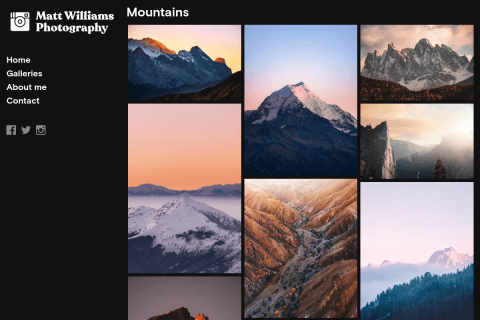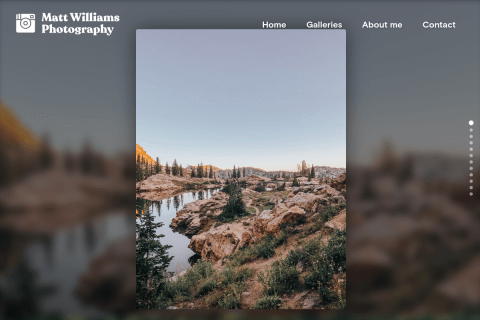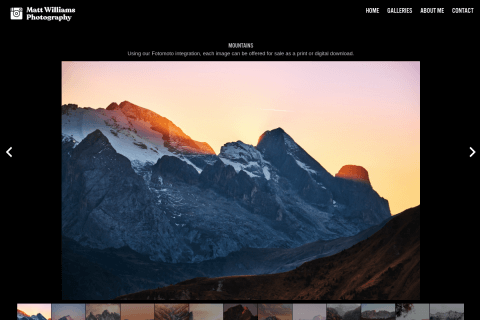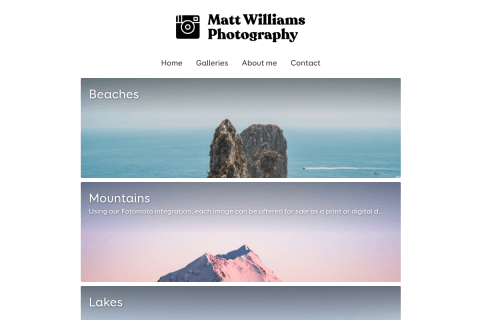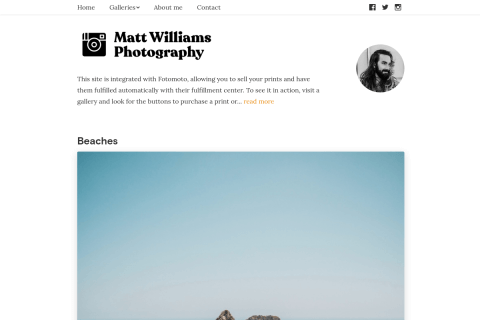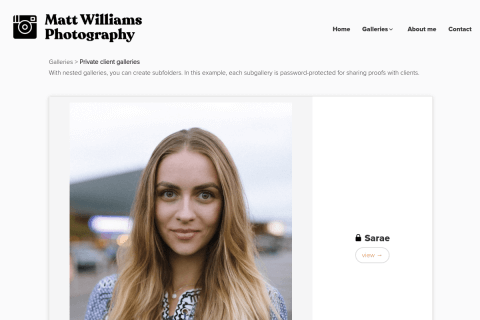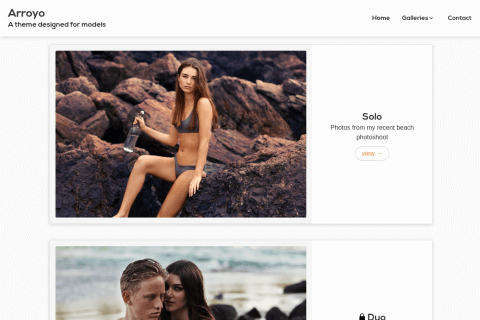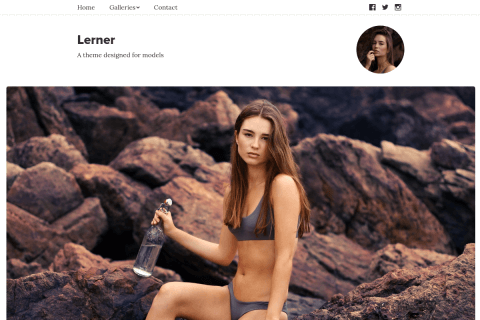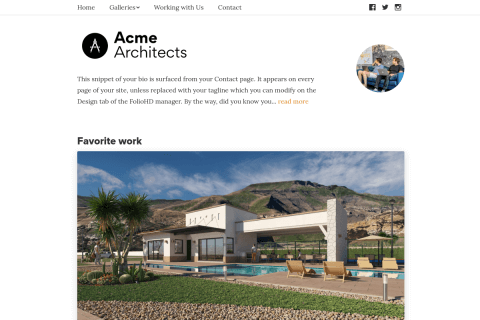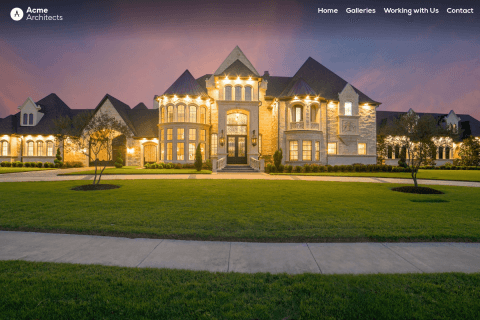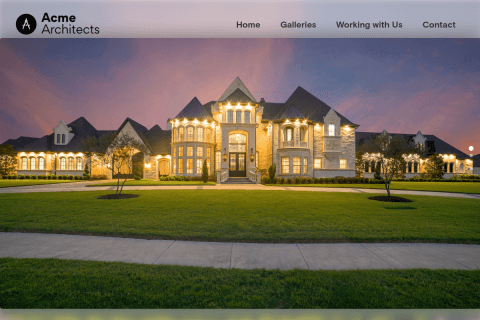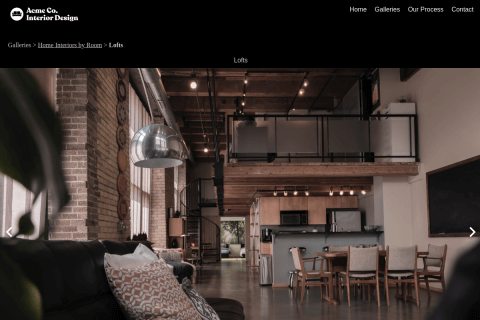
One of the biggest questions we get it, “How can I rank better in search engines?” There are a lot of factors when it comes to search engine optimization (SEO), and they’re always changing. In fact, things you learned about SEO a few years ago are likely already out of date.

There are two common reasons for that:
- Search engines like Google are always trying to improve their search algorithms, and as they do, results change.
- People who focus on SEO for a living learn how to game search engines over time, so Google, Yahoo and Bing put effort into making sure those games don’t last long.
This post will outline some of the larger factors that impact search rankings today (I’m writing this in May 2015).
First Off: Setting Expectations
If you’re just starting out on building your site, don’t expect to be on the first page of Google for a term like “wedding photography in Los Angeles” organically anytime soon. Keep this general rule in mind: If you’re interested in ranking on a keyword, chances are that other people are, too. While the following tips will help in the long game, don’t expect to jump to the top of the rankings overnight. SEO is a slow and steady art and there are a lot of people who dedicate their careers to improving the search rankings of sites.
Inbound Links

One of the best ways for search engines to understand the value of a website is to look and see if people are linking to it. If there are people talking about your site, it’s likely authoritative on a subject or important in some regard. If you have friends in other industries, or can relevantly link to your site from another site, do it. The more people are talking about you, the better.
Just don’t be spammy…

In the last sentence, I said “the more people are talking about you” - not just, the more link there are to your site online. Google has cracked down on “comment spam” - the practice of posting a link to your site in various online forums or comment threads on articles. Because this process was so rampant in the past, Google no longer values links in comments as much as they used to. The best way to get your link posted online is in valuable places or in authoritative articles. The rule of thumb here is: If you think you’re going to outsmart Google, you’re not.
Keywords

As mentioned in our last post, it’s important for your content to be relevant to your site. If you do wedding photography in Los Angeles, be sure to mention it, a few times. Not too much. Make it real. Don’t just assume the more you use the phrases you want to rank for, the better. (Again, Google will know when you’re trying to scam them.) Which leads to…
Not good: Keyword stuffing
When you’re crafting your content, be natural and authentic. Here’s an example of how not to say you’re a wedding photographer in Los Angeles:
Looking for wedding photography in Los Angeles? LA Wedding Photography provides the best wedding photography in Los Angeles. Whether you’re in Santa Monica or Beverly Hills, your LA Wedding Photography is the only place to go for your Los Angeles wedding photography needs.
As you can tell, the above paragraph is a little overdone. A few years back, this would have worked great, but now, Google is smart enough to know when you’re trying to load up a paragraph with keywords for the sole purpose of SEO.
Penalization

When I say, “Don’t keyword stuff”, I don’t say this because it’s lame; it’s because Google will actually penalize you for trying to pull a fast one on them. The way Google is designed to crawl your site is to look for real, authentic content that they can surface when relevant. But don’t worry: as long as you don’t go overboard in trying to trick Google, you should be just fine.
Meta tags don’t work anymore

You might be familiar with the term “meta tags”. These were popular in the early days of search engines. It was a way to add keywords (or hashtags, in a sense) to your site that weren’t visible to visitors but were visible to search engines. This would help search engines understand what your page was about. However, for years now, meta tags are no longer factored into search rankings. (This is because people abused them, so Google doesn’t take stock in them anymore.)
More than a few times, we are asked to support meta tags like some Wordpress plugins do. And while we do now have support for meta tags, it is rather pointless to use them for pure meta tags sake. (We use them for other purposes, like categorizing your content internally.)
Using a domain name

By default, we start you out with a URL like yourname.foliohd.com. A great way to stand out from the crowd is to purchase a domain name (like yourname.com). Many services offer the ability to purchase a domain name. (We offer it as well as a convenience to our customers, and we handle all the technical management of it too, as an added bonus.) Getting your own URL is useful because you can use a keyword or two that you might want to rank on. For example: stellarphotography.com would be great if my business name is Stellar Photography. When people search “Stellar Photography” on Google, a direct match is a great way to get surfaced.
Your best bet: long tail keywords
The best way to start ranking on keywords is by going specific, or “long tail” as the industry likes to call them. For example, “wedding photography in Los Angeles” will be incredibly hard to rank for, but there are some other terms that might have less competition. Examples:
- wedding photography in Santa Monica
- church wedding photography in Santa Monica
- Catholic church wedding photography in Santa Monica
Generally the more local you get, the less competition there will be and the better chance you have of ranking.
And don’t forget social!

Last but definitely not least, be sure people are talking about you on social sites! One of the most important signals for Google is that people think you’re real and are talking about you on social sites. Since it’s hard to pretend you’re a real person, Google takes a good amount of stock in what people say on social sites.
Share about your site on Twitter - and get your friends to retweet! Share relevant content that people value.
Important: When posting a link to your site on Facebook, make absolutely sure you are posting as a Public post. (By default, posts will only be shared with your friends.) Since Google isn’t your friend (well, on Facebook at least), they won’t be able to see anything you only share with your friends. By posting as a Public post - and more importantly - by getting engagement on your post, this will signal to Google that your content is valuable to people, and that will be factored in to how well your site ranks.
